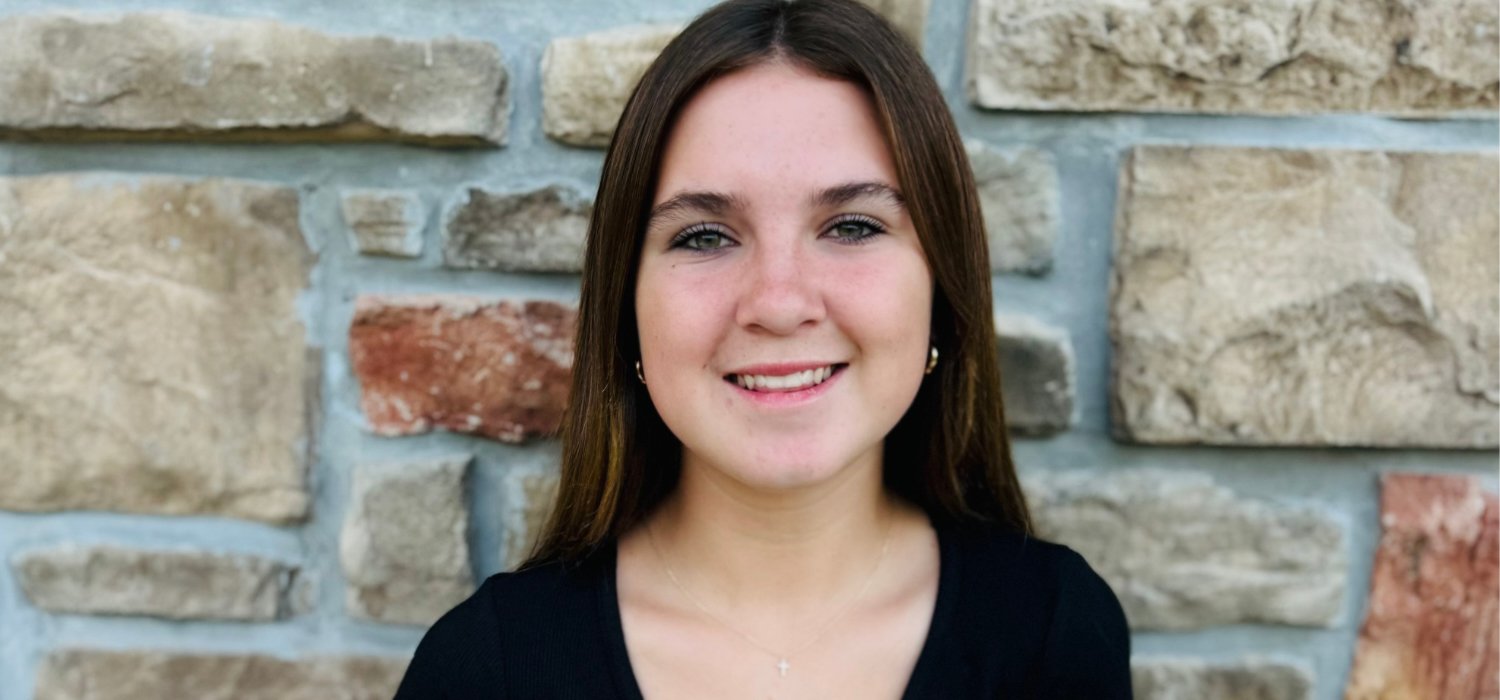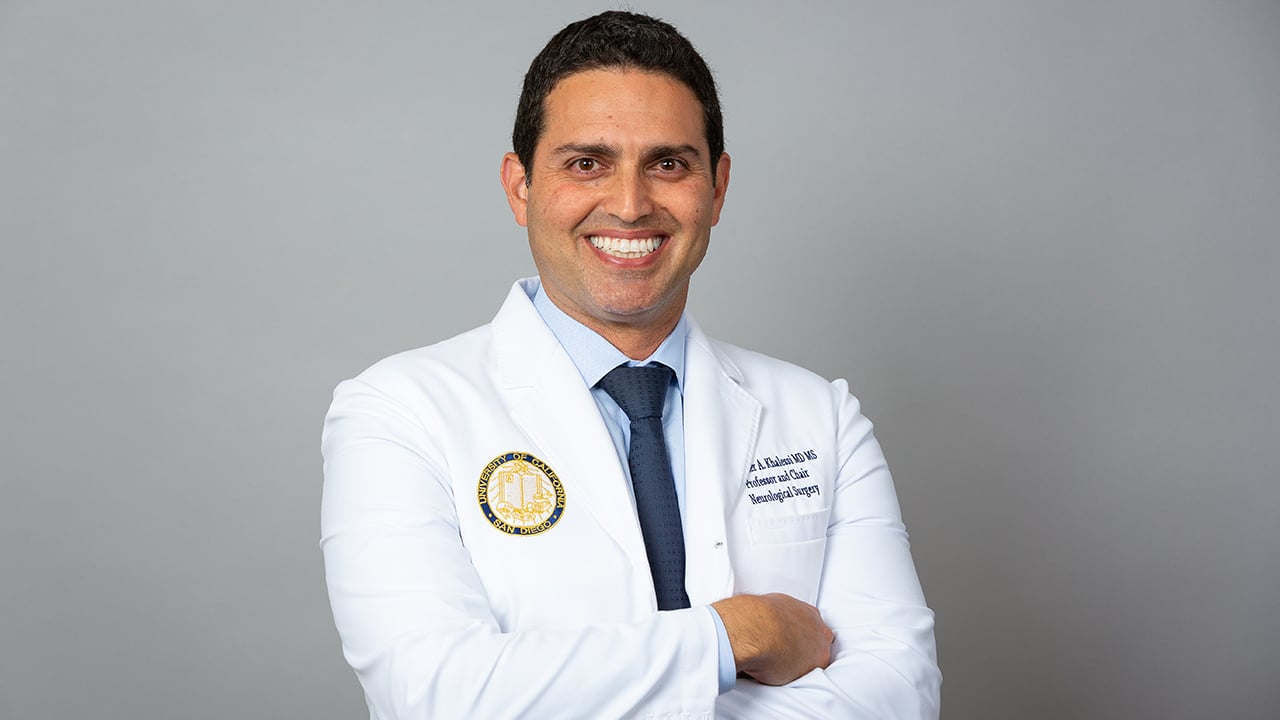ALS Evaluation and Diagnosis
There is no one essential diagnostic test for ALS diagnosis and the road to diagnosis may be different from one patient to another.
Often, the diagnosis is established when other diseases or conditions that mimic ALS are ruled out. Patients often have already had extensive testing including diagnostic imaging such as MRI scans, electrodiagnostic testing (EMG and nerve conduction studies), lumbar puncture, blood tests and genetic testing.
Ultimately, ALS is a clinical diagnosis made by a skilled neurologist and no single test is relied on to make or deny the diagnosis.
The first step is to make an appointment for an evaluation to determine the diagnosis (or second opinion) and treatment plan.
In-Person Evaluation & Diagnosis
The most important element of diagnosis is the in-person evaluation. This will occur at an initial appointment, where we review the history of the problems, conduct a physical examination and review information from other physicians.
- Make sure records from previous evaluations are available. Only patients know the full extent of previous testing; it will save time and effort if these are available.
- A UC San Diego Health neurologist will give his or her opinion, outline recommendations and work with the patient to establish a personalized care plan. Depending on the circumstances, this will likely include one or more of the following elements:
- Diagnosis, if it can be made at this time
- Recommendations for further testing, if needed
- Recommendations and referral to our ALS multidisciplinary clinical team and clinic
- Or, recommendations to the primary care provider or health organization, if appropriate
We strive to make testing or care as easy as possible by considering the particulars of each person’s case, including their geographic location.
- Discuss your diagnosis with your doctor and your neurologist.
- Come to the appointment organized, with questions, but don't worry about learning everything overnight.
- Consider a second opinion - discuss with your doctors if this may help and where best to get a second opinion.
- ALS Clinic appointments involve a thorough examination with a number of care team members. Each appointment may take as long as two to three hours. During these appointments, each team member will evaluate, assess and discuss your condition with you and what services you may need. We encourage you to bring a caregiver or family member.
- Patients meet with this team about every three months. Please note that this is a clinical care appointment and not a support group. Your appointment is private and one-on-one. Find information on support groups.
- Working with patients and caregivers, the UC San Diego team recognizes that everyone's disease and experience of the disease is different. We design individualized care plans and provide special equipment to help reduce fatigue and keep patients as mobile and comfortable as possible.
Getting the Most from Your Care
- Come to the clinic prepared with any questions you may have. Don’t be afraid to ask anything that you are wondering about.
- Have someone come with you to each clinic visit.
- Make sure you or the person who comes with you brings something to write down information.
- Get contact numbers of each member of the team so that you can reach them if necessary.
- Make sure you continue to see your primary care physician; he or she can keep us informed of any health concerns that come up.
- Take advantage of associations that can provide support and knowledge such as the Multiple Dystrophy Association and ALS Association.
- Learn about research and clinical trials. Consider participating in research to help us develop ways to treat and cure ALS.


